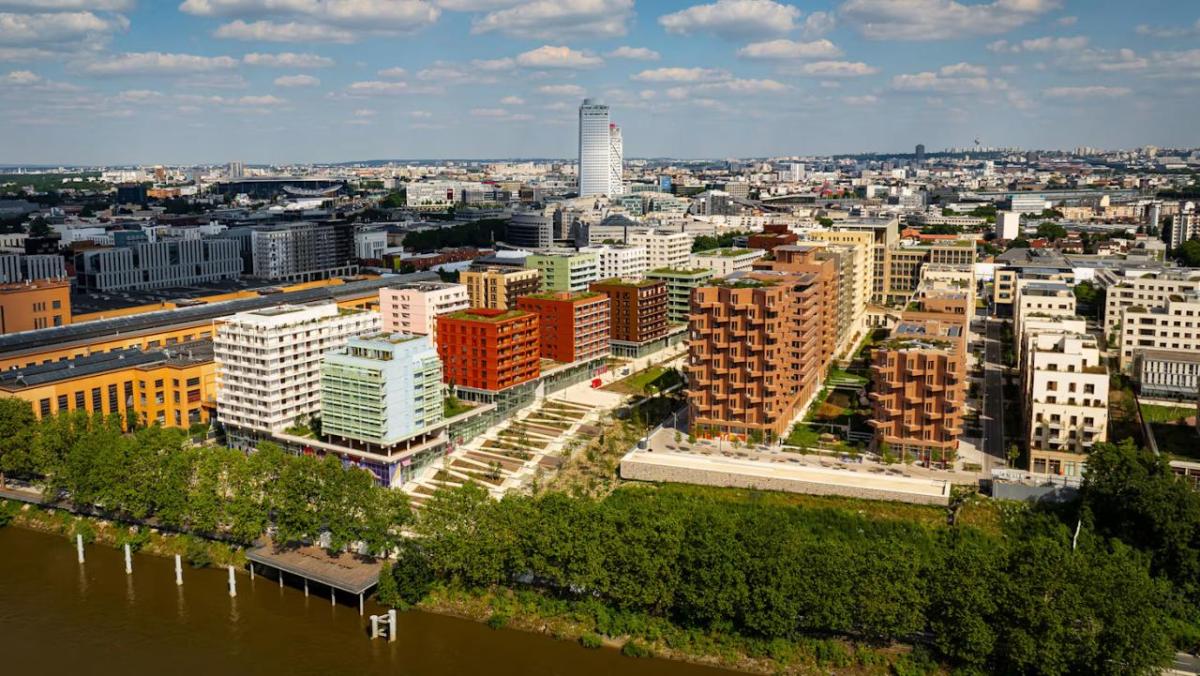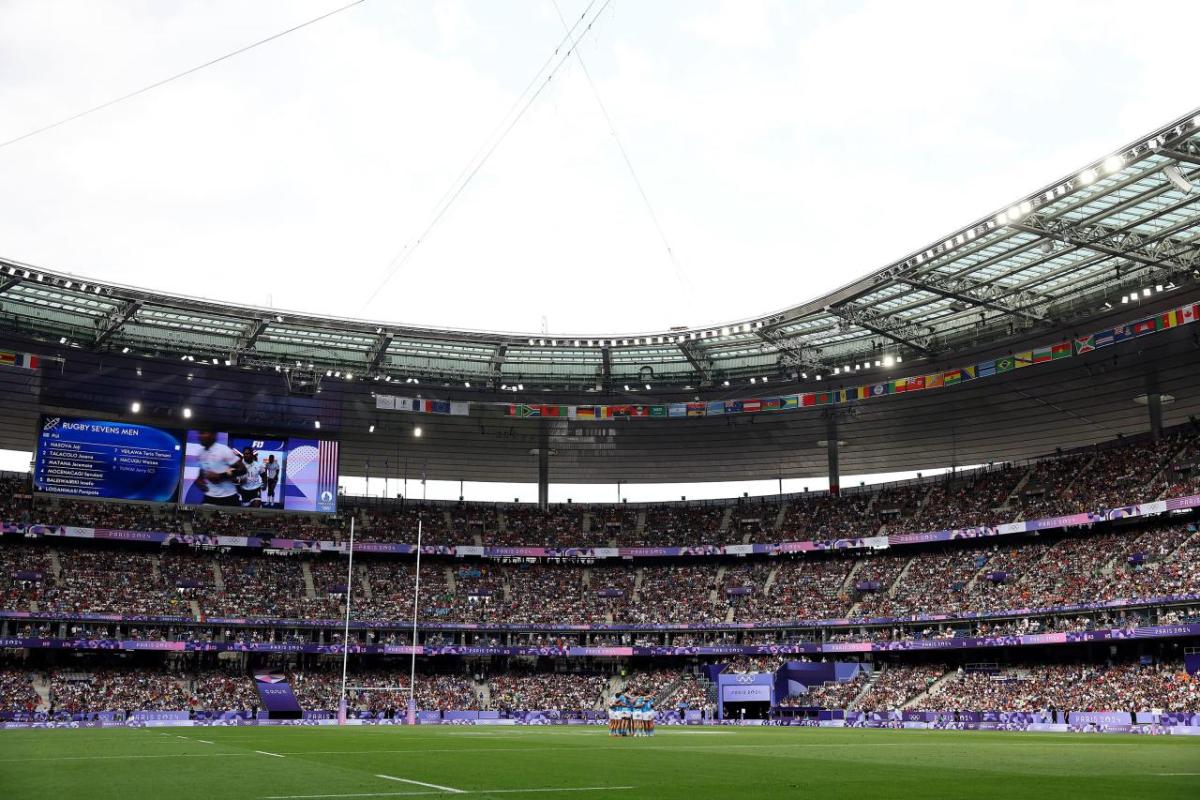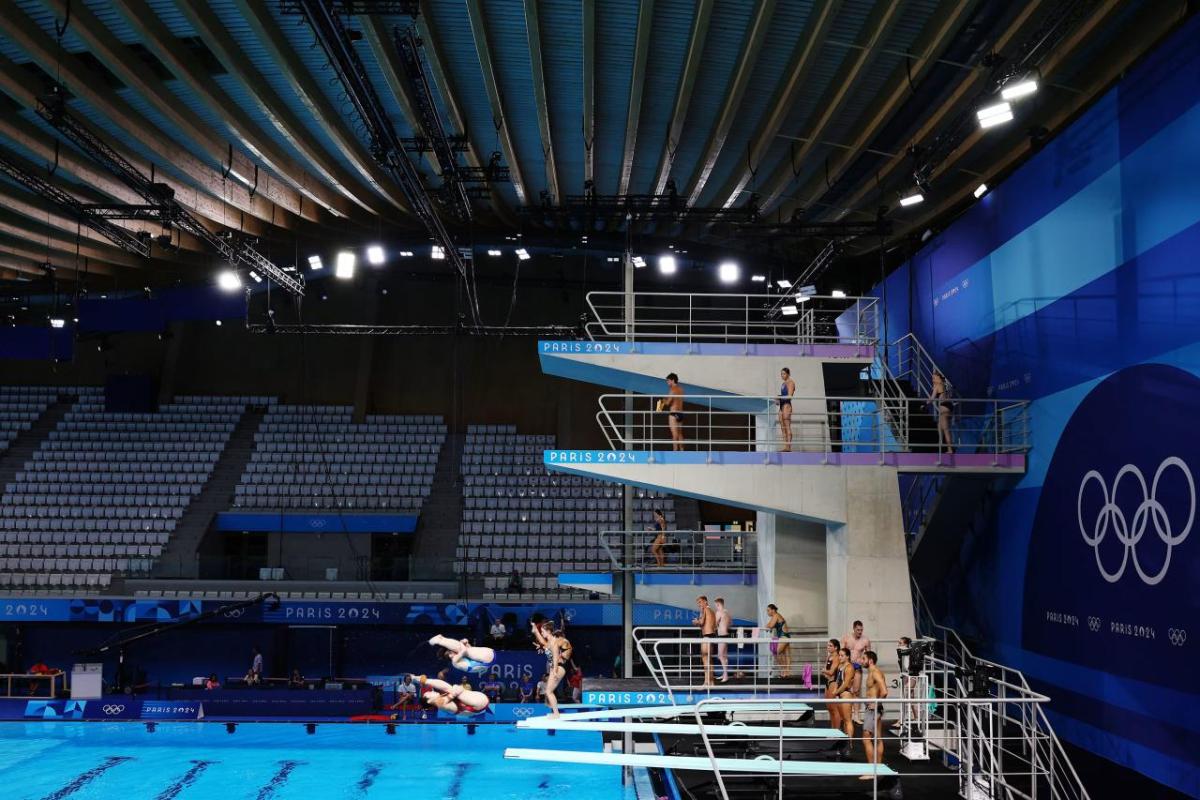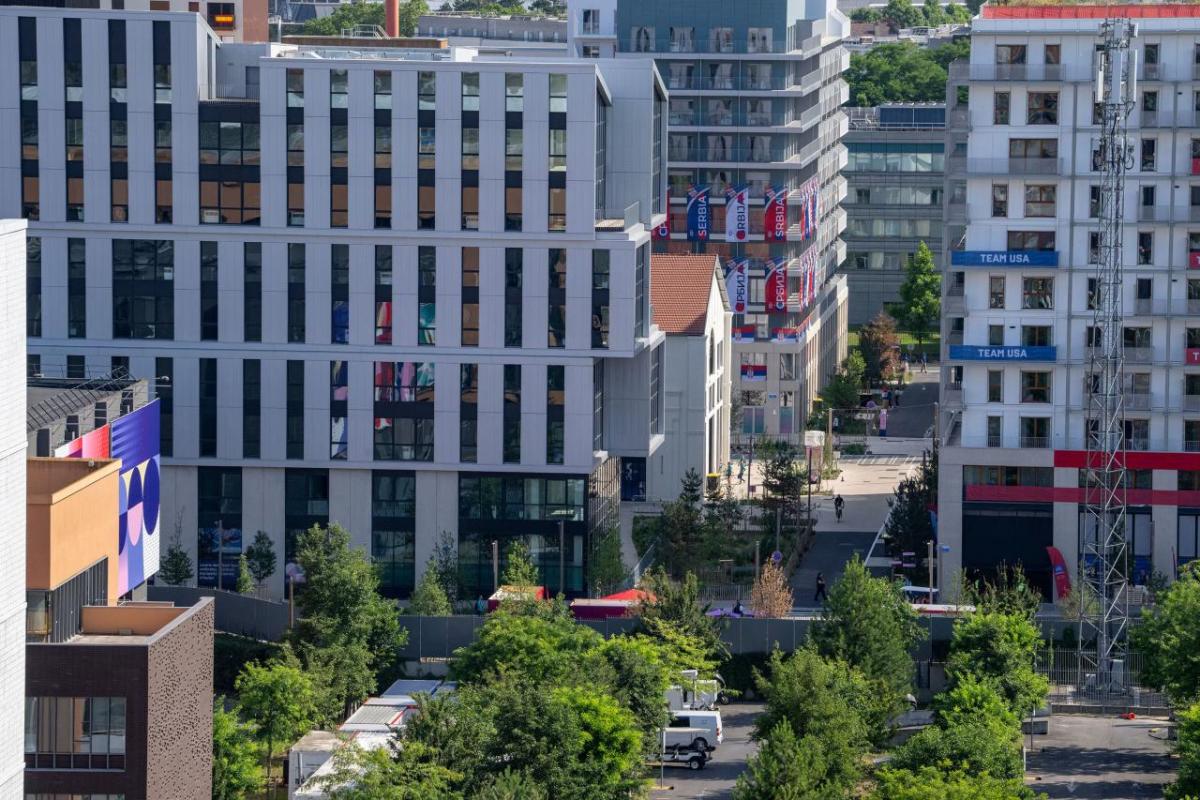All You Need To Know About Paris 2024 Sustainability
Published 07-29-24
Submitted by International Olympic Committee

International Olympic Committee news
Paris 2024 is setting new sustainability standards for global sporting events. Reducing the environmental impact while maximising social and economic benefits, Paris 2024 organisers will deliver a spectacular event that is more responsible, more sustainable and more inclusive.
Embracing the concept of "doing more with less", the Games are the first to be fully aligned with Olympic Agenda 2020, the International Olympic Committee (IOC)’s strategic roadmap to shape the future of the Olympic Movement and the Games to make them more sustainable, cost-effective and aligned with the needs of host cities and communities. Olympic Agenda 2020 made several recommendations, including the use of existing and temporary venues, reducing carbon emissions and promoting sustainable energy sources.
Here is how Paris 2024 put this into action:

Emissions reduction
Paris 2024 organisers are laser focused on reducing emissions. The Games will cut the footprint by 50 per cent compared to the London 2012 and Rio 2016 average, aligning with the Paris Agreement on Climate Change. The event will account for all carbon emissions (scopes 1, 2 and 3), encompassing direct, indirect and spectator travel emissions.
Venues
A key aspect of Paris 2024’s sustainability and carbon reduction strategy is the use of existing or temporary venues, which account for 95 per cent of the total venues. This initiative is crucial in contributing to reducing the Games carbon footprint by half and aligns with the IOC’s recommendation to minimise new construction.
From the iconic 80,000-seat Stade de France in Saint-Denis – home to athletics, Para athletics and rugby sevens – to the Saint-Quentin Velodrome, which will host the cycling events, 95 per cent of Olympic venues are facilities that either already exist or have been temporarily assembled and will be dismantled for future reuse after the Games.
The new venues have been constructed to respond to local needs, embracing the principle of reducing and reusing. Both the Aquatics Centre and the Paris 2024 Olympic Village have been built in the north-eastern suburbs of Paris, where some of the city’s most under-invested neighbourhoods are located.

The Aquatics Centre:
- Features a 4,680 sq. metre solar panel roof, providing around 20 per cent of the venue's electricity needs.
- Has seats made from recycled plastic bottle caps.
- Uses bio-sourced materials like French wood for the frame and structure.
- Incorporates a concave roof to naturally heat the air, control humidity levels and reduce the amount of space to be heated.
- Reduces the environmental impact with outdoor air filtration.
- Includes 102 planted trees to create green spaces, provide shade and attract animal species.
The Olympic Village:
- Built with a 30 per cent reduction in carbon compared to typical French constructions.
- 94 per cent of materials were recovered from deconstruction.
- 15 per cent of the future neighbourhood’s electricity consumption will be covered through photovoltaic energy from solar panels on rooftops.
- Construction materials included wood and recycled plastic, with all wood sourced from eco-managed forests, including a minimum of 30 per cent French wood.
- Employs a geothermal cooling system instead of traditional air conditioning.
- Incorporates insulated facades, cooling floors and green spaces to ensure a temperature difference of at least 6 degrees Celsius compared to outdoor conditions, adaptable for the estimated climate conditions in 2050.
- Provides 6 hectares of green spaces, including 1.2 hectares of open ground, to create cool islands and reduce building temperatures.
- Includes 1,000 large trees and nearly 8,000 young trees and shrubs, primarily from native plant species.

Energy
Paris 2024 will use 100 per cent renewable energy sourced locally, reinforcing its commitment to sustainability. All venues are connected to the grid, enabling them to use renewable energy without the need for temporary diesel generators – significantly reducing the carbon footprint. Solar panels have been installed on the Aquatics Centre and the Olympic Village to harness solar energy. Additionally, geothermal cooling systems are being used at the Olympic Village instead of traditional air conditioning, further enhancing energy efficiency.
Food
The Games will emphasise sustainable food practices:
- The amount of plant-based food for spectators will be doubled to halve the carbon footprint of meals.
- A 50 per cent reduction in single-use plastics in catering.
- Reuse of 100 per cent of catering equipment and infrastructure after the Games.
- Installation of beverage fountains by Worldwide Olympic Partner Coca-Cola.
- Free drinking water points will be available, and spectators will be allowed to bring reusable bottles into the venues – an exception to French regulations.

Transport
All Paris 2024 venues are accessible by public transport. This approach not only reduces carbon emissions but also promotes sustainable mobility options for the community.
- 80 per cent of venues located within a 10km radius of the Olympic Village.
- A network of 418km of cycle lanes, including 88km of new protected routes.
- Bicycle parking for spectators at all competition venues in the Île-de-France region.
- A 37 per cent reduction in the Olympic fleet compared to previous Games.
- Use of electric, hybrid and hydrogen-powered vehicles provided by Worldwide Olympic Partner Toyota.

Circular economy: reducing, renting and reusing
Paris 2024 is committed to a circular economy by minimising new resource use and ensuring a second life for equipment and goods:
- Detailed mapping of required and existing resources to minimise new resource use and control their lifecycle before, during and after the Games.
- To date, a second life for 90 per cent of equipment and goods has been secured.
- The amount of furniture has been reduced – from 800,000 items to 600,000 – through material footprint calculations and use of existing resources.
- Three-quarters of sports equipment will be rented or provided by sports federations.
More information about Paris 2024 sustainability can be found in the Paris 2024 Pre-Games Sustainability Report. Read the full report here and the executive summary here.

International Olympic Committee
International Olympic Committee
The International Olympic Committee (IOC) is a not-for-profit independent international organisation that is committed to building a better world through sport. It redistributes more than 90 per cent of its income to the wider sporting movement, which means that every day the equivalent of USD 3.4 million goes to help athletes and sports organisations at all levels around the world.
As the leader of the Olympic Movement, the IOC acts as a catalyst for collaboration between all parties of the Olympic family, from the National Olympic Committees (NOCs), the International Sports Federations (IFs), the athletes and the Organising Committees for the Olympic Games (OCOGs) to the Worldwide Olympic Partners, broadcast partners and United Nations (UN) agencies, and shepherds success through a wide range of programmes and projects. On this basis, it ensures the regular celebration of the Olympic Games, supports all affiliated member organisations of the Olympic Movement and strongly encourages, by appropriate means, the promotion of the Olympic values.
More from International Olympic Committee

